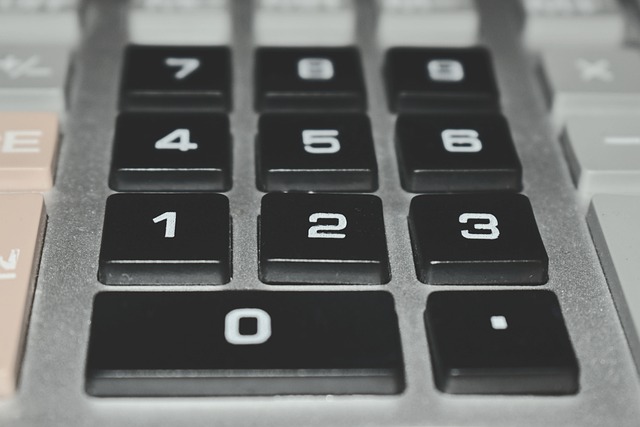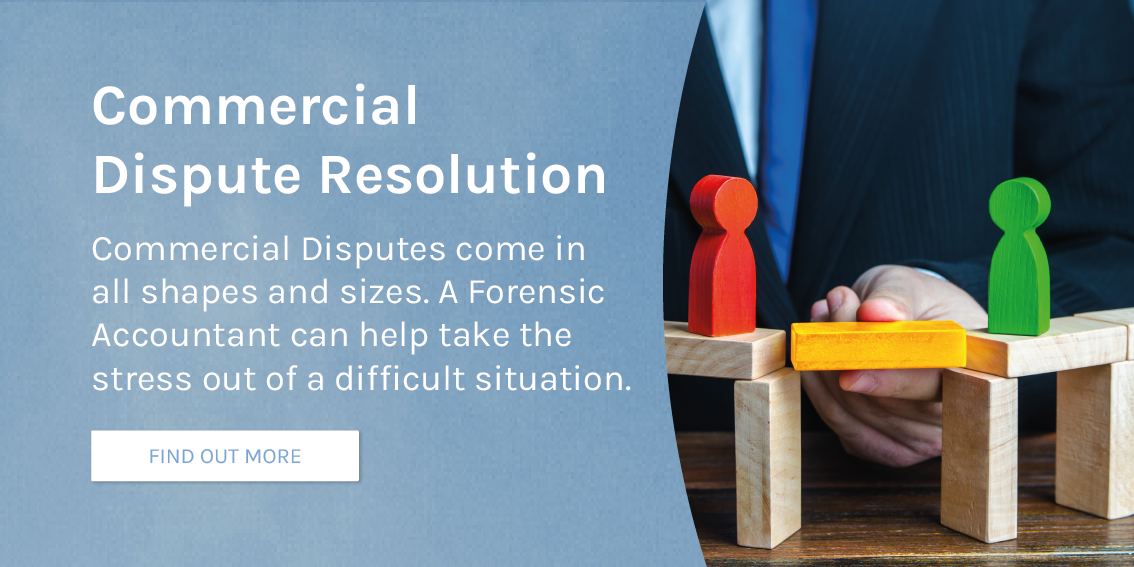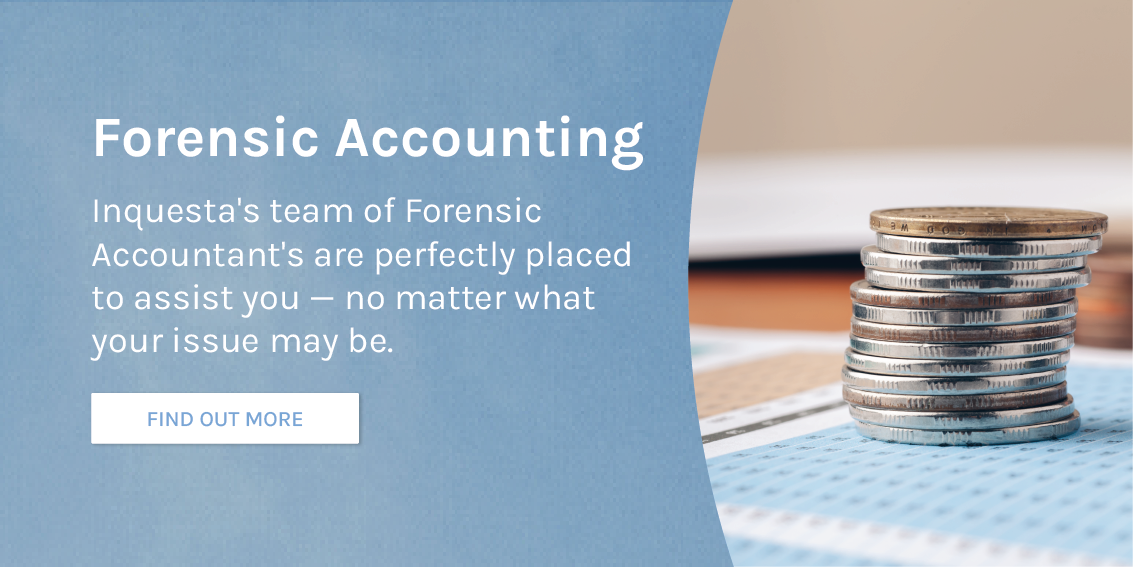Are you wondering how to calculate the share value of a private company? In business, there are always opportunities around the corner. But what happens when these opportunities are kept shrouded in mystery? What can you do to ensure that you maximise your ability to take advantage of whatever situation you are faced with?
Private company valuations are the enigmatic riddle of the corporate world. They can be veins of gold waiting to be unearthed. These ‘secrets’ can dictate the fate of shareholders, business partners, and the very future of the business itself.
Join us as we embark on a journey into the heart of this practice, learn more about how to calculate the share value of a private company, where the rules are different from the norm and the stakes are often higher. Delve into the techniques behind calculating the share value, and explore the vital role a forensic accountant can play in the pursuit of financial truth.
Private Company Valuations Explained
Do you need to know how to calculate the share value of a private company? It’s a complex process, far more intricate than the comparatively more straightforward methods applied to public companies. Where public firms’ stock prices are available for all to see, private companies keep their worths’ close to ‘their chests, making private company valuations an often daunting process.
In business, the stakes are high, and the reasons for needing this elusive information are often abundant. Whether it’s a shareholder or business partner planning an exit, a dispute brewing among stakeholders, or the act of valuation alone has led to corporate turbulence, the need for clarity is paramount.
But fear not, there is a guiding light in the form of forensic accounting. Join us as we tackle the complexities of valuing private company shares, where the usual rules may not apply.
What is Fair Value of Shares?
The fair value of shares describes the value attributed to a certain stock by a willing buyer/seller. The vagueness of this valuation is because, unlike market value, fair value does not truly have a clear basis, it is instead determined by the particular circumstances surrounding the sale, and the businesses involved.
In almost all cases, an independent valuer will be tasked with arriving at a fair value that suits both sides prior to sale of shares taking place.

When determining the fair value of shares, often the first step will be to consult with a company’s articles of association. It is common for such articles to clearly set out what ‘fair value’ is in a scenario — this however is not always the case so assumptions should not be made.
The fair value of shares can also be relevant in shareholder disputes where both parties disagree on the fair value of company shares. Often in this circumstance, the fair value will either be determined by what factors are deemed important by your valuer or the court, depending on the situation.
How Do I Calculate the Value of My Shares?
Working out how to calculate the share value of a private company can be complex. Unlike public firms, private businesses lack readily available stock prices. The process of calculating share value of private firms often involves methods like Comparative Company Analysis and Discounted Cash Flow valuation, considering industry benchmarks and cash flow projections, to arrive at a fair share value.
Valuing private shares can be an important step in resolving a shareholder dispute, and understanding the key methods can be vital. The two primary methods to calculate the share value of a private company are:
Discounted Cash Flow Valuation
Discounted Cash Flow (DCF) valuation is one of the more widely used methods for share valuation for a private company.
This particular method aims to formulate a value based on expected future cash flow. The goal of DCF is to attempt to estimate the current share value of a business based on projections of how much income it could generate in the future.
The purpose of DCF as a method is to estimate the possible future return on an investment, taking into account the time value of money, which states that money today is worth more than the same money in the future because, if it is invested today, it will theoretically be worth more tomorrow.
When it comes to DCF, the main drawback is that it relies too heavily on assumptions. It requires as accurate estimates as possible, when the market can always be prone to fluctuation, affecting future share value.
Factors that could affect future cash flow could be:
- Falling/rising demand
- Increasing/decreasing industry competition
- Economy health
- Future innovations
- Disruption

Comparable Company Analysis
Widely considered the most common and simple method of valuing shares in a private company is comparable company analysis (CCA).
The process behind CCA involves utilising the metrics and performance of similar stature businesses within the same industry in order to attempt to draw conclusions over valuations.
This is done under the base assumption that similarly sized businesses in the same industry will have similar valuations.
An expert, such as a forensic accountant will be hired by a representative or shareholder of the private company in question, they will then collate a detailed list of relevant business, and analyse statistics for each of them to compile valuation ratios that in turn can help to form an average to base the company share valuation on.
Company valuation ratios are a method of determining whether a business is overvalued or undervalued within its market, depending on if its ratio is high or low.
How Forensic Accounting Helps with the Calculation of Fair Value of Shares
No matter whether it is being done to enable a business sale/buyout, or to end a shareholder dispute, knowing how to calculate the share value of a private company can be a particularly complicated and involved process.
The last thing anybody wants is for a valuation to be made, and it be grossly under or overvalued, leading to an inflated/under inflated valuation that could cause major issues.
An experienced forensic accountant has all the skills required to accurately and efficiently assess the share value of a private company, while providing clarity and calm throughout the process.
Why Work with Inquesta When Calculating the Value of Shares
Inquesta Forensic possesses a world class team of forensic accountants that have all of the skills required to assist with calculating the share value of a private company.
Our specialist team has been carefully and deliberately assembled to provide the best service available, with experts capable of assisting you in all manner of needs; from calculating share value, to forensic insolvency, commercial dispute resolution, and more.
Calculating the fair value of shares in a private company can be a complicated process at times, particularly for those without experience in the matter.
We know and understand all of the subtle complexities and data difficulties that can arise in the process. Decades of experience helping businesses means that we are perfectly placed to provide you an excellent service that can get you the best result.
The Inquesta team will conduct a thorough and detailed investigation, leaving no stone unturned and no document unread, in order to put forward the most accurate valuation possible.
Instructing a forensic accountant with Inquesta Forensic guarantees a service that covers all bases for you and is designed from the ground up with our clients in mind.
Contact our team, or request a free consultation today to learn more about what we can do to assist you.
Additionally, if you have questions regarding valuing your business for shareholder disputes, or business valuation for divorce and matrimonial disputes, check out our dedicated downloads today.




